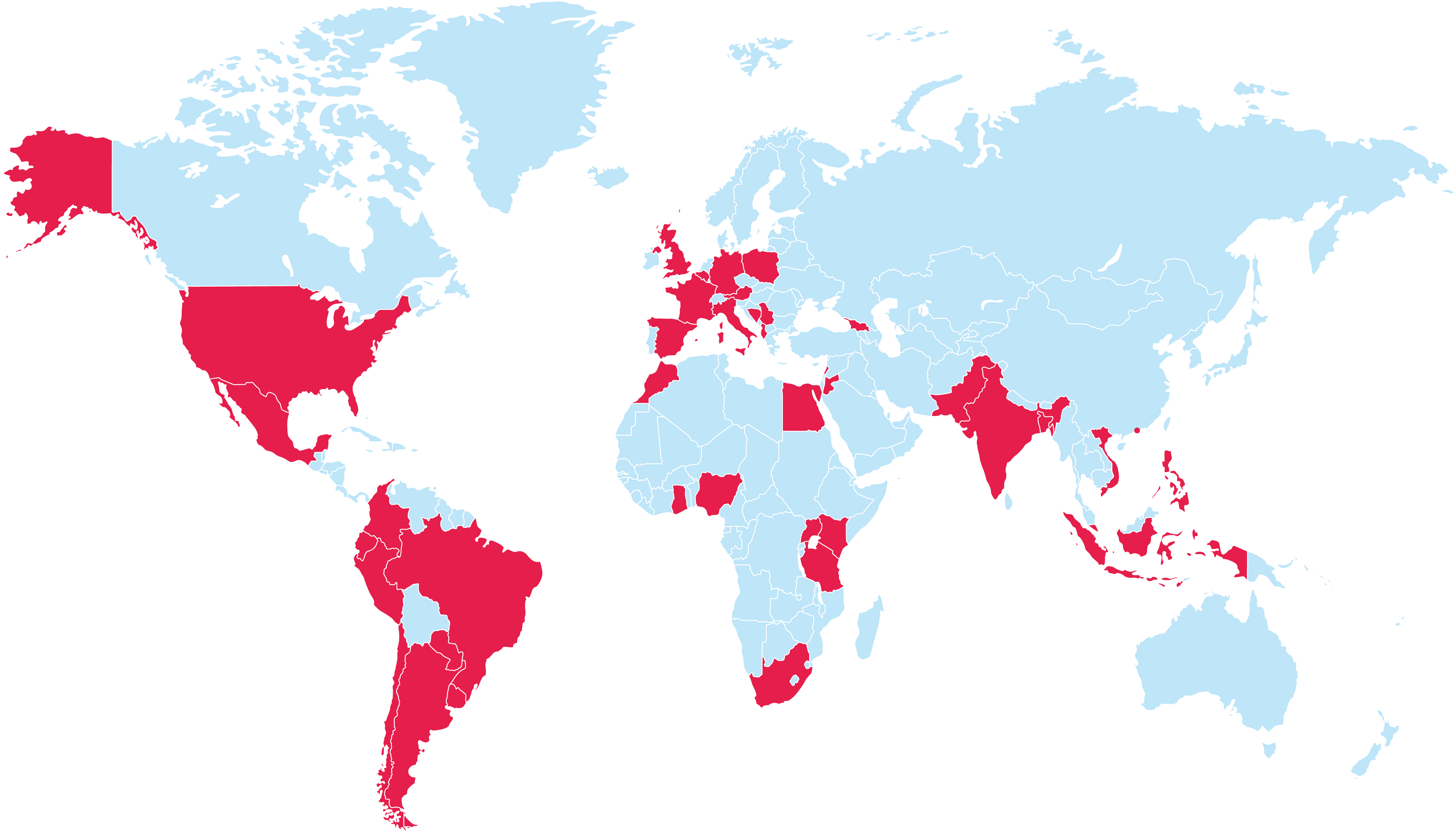This website uses cookies so that we can provide you with the best user experience possible. Cookie information is stored in your browser and performs functions such as recognising you when you return to our website and helping our team to understand which sections of the website you find most interesting and useful.
About
The reality of work is changing.
Millions of people find work through the platform economy. Remote work is here to stay. And companies are increasingly using AI to monitor and organise their workforce.
These technologies can generate new job opportunities and improve productivity, but often they also result in negative outcomes like job insecurity, lower pay, and dangerous working conditions.
Fairwork is an action-research project that aims to shed light on how these technological changes affect working conditions around the world. By evaluating platforms and employers against measures of fairness, we hope to shape a fairer future of work for all.
To do this, we developed a series of principles of fair work. These sets of principles were developed through a collaborative process that reflects the insights of our international network and the voices of workers around the world. They provide a benchmark of fair work, for companies, workers, customers and policymakers.
- Location-based platform work ratings: We evaluate the working conditions of digital platforms and rank them based on our five principles of fair platform work. We produce national rankings in 38 countries across 5 continents. These ratings include location-based platforms in sectors like food delivery, ride-hailing, domestic work, beauty services and more.
- Cloudwork ratings: Cloudwork is work that can be performed online from anywhere in the world. This includes small tasks like filling in surveys and training AI systems, to freelance services like translation, web development or design. We rate the working conditions on major global cloudwork platforms in line with our five principles of fair online work.
- Fairwork AI: Through in-depth case study research and our AI Principles, we evaluate the working conditions of those who interact with and do the work that is critical to AI systems.
- Sex work: Websites that offer camming, escorting and content delivery (e.g. OnlyFans) are a vital source of income for many. Fairwork is researching a range of different sex work platforms to better understand the realities of working for these platforms.
Learn more about the Fairwork Principles
The Fairwork project is coordinated by the Oxford Internet Institute and the WZB Berlin Social Science Center. Our global network of researchers and experts extends across 38 countries and 5 continents.

Want to stay up to date? Follow us on social media and sign up to our monthly newsletter!
If you have any questions about the project, please feel free to get in touch using the links above, or visit our Frequently Asked Questions page.
